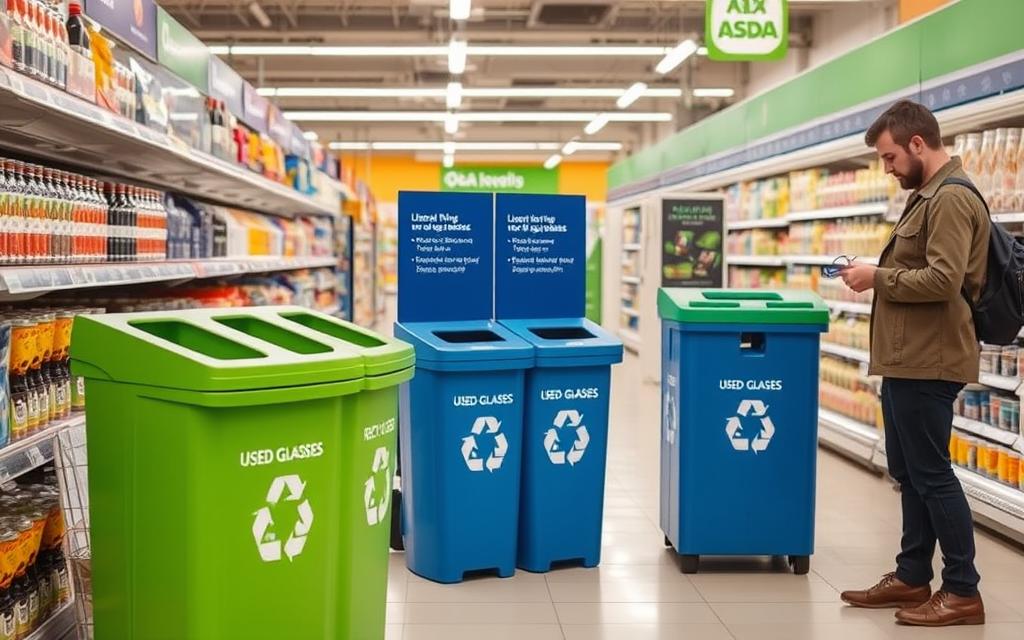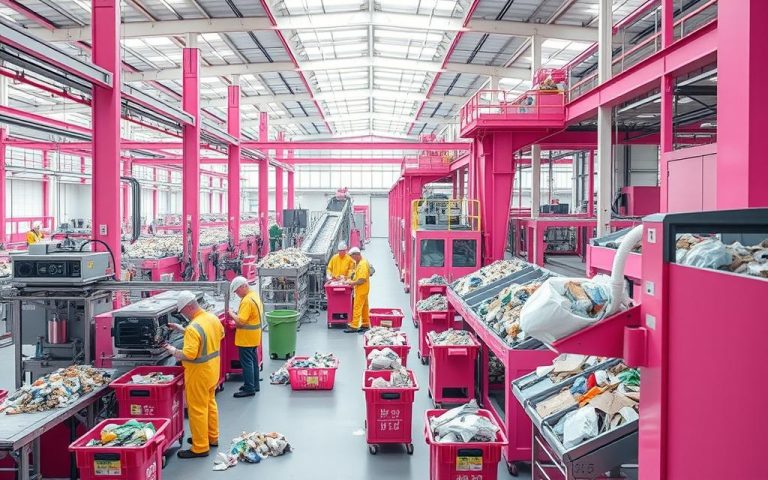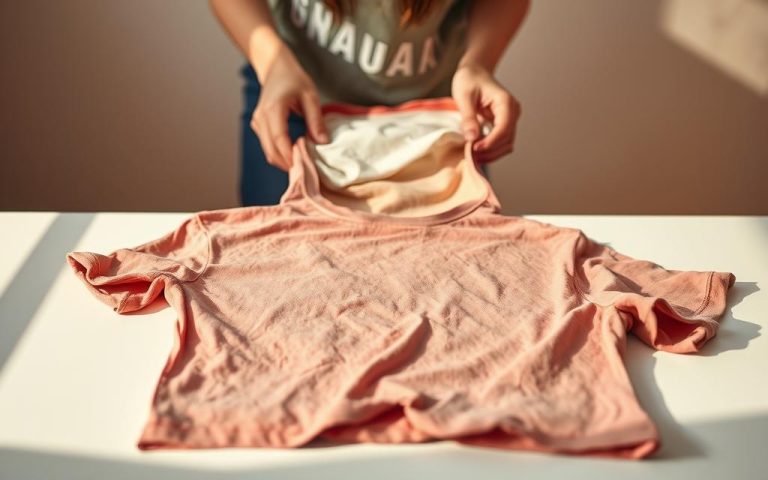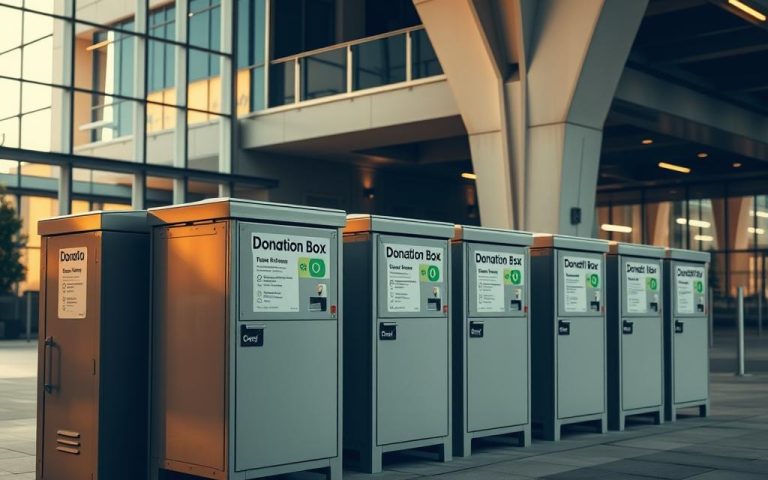Can You Recycle Glasses at ASDA?
Every year, millions of old or unwanted pairs end up in landfills, contributing to environmental waste. Proper disposal is crucial, and some retailers offer programs to help.
ASDA has partnered with Recycline to give used eyewear a second life. Instead of tossing them in regular bins, customers can drop off frames and lenses at designated locations. The materials are then repurposed into useful items like store fixtures.
This initiative addresses a growing need. Standard recycling methods often can’t handle mixed materials found in eyewear. By participating, you help reduce waste and support sustainability efforts.
In this guide, we’ll explore how the process works, its benefits, and alternative options if you can’t access this program. Let’s dive into the details of responsible eyewear disposal.
Introduction to Recycling Glasses at ASDA
Many people don’t realize that eyewear can be recycled effectively. ASDA Opticians has stepped up to address this issue by offering dedicated recycling boxes in their stores. These boxes are managed by Recycline, a partner that helps process over 100 tonnes of spectacle waste annually.
This initiative plays a crucial role in diverting unwanted frames and lenses from landfills. Unlike standard recycling methods, which struggle with mixed materials, ASDA’s program ensures that every component is repurposed responsibly. The recycled items are transformed into shop fittings, contributing to a circular economy.
Since 2022, ASDA has been actively involved in this sustainability effort. Their in-store process is simple and accessible, making it easier for customers to participate. By avoiding wish-cycling in home bins, you can ensure that your old eyewear is handled correctly.
This program not only reduces waste but also supports broader environmental goals. It’s a practical solution for those looking to make a positive impact without extra effort.
What Are ASDA Recycled Glasses?
Eyewear is made from multiple materials, each requiring unique recycling methods. Frames often consist of acetate or metal, while lenses are typically polycarbonate or glass. These components must be separated carefully to ensure proper recycling.
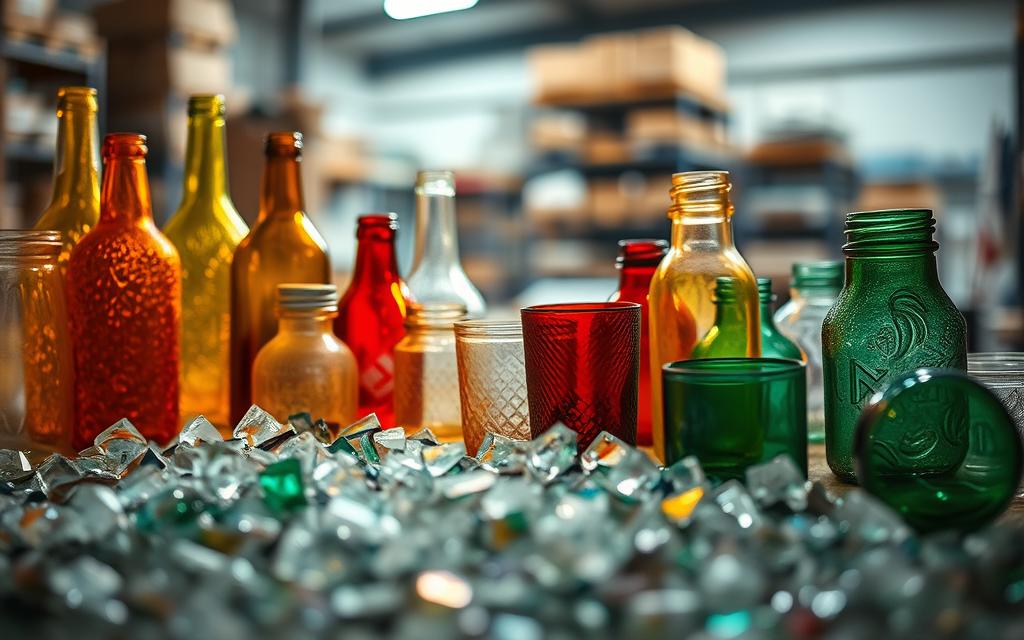
Recycline uses advanced mechanical processes to separate metals and plastics. This ensures that each material is recycled efficiently. For example, plastics are shredded and transformed into construction boards, while metals are repurposed into industrial components.
MYGroup plays a key role in this process. They convert plastic waste into furniture and building items, contributing to a circular economy. This approach reduces waste and promotes sustainability.
Mixed materials in eyewear often disqualify them from curbside recycling programs. Standard methods struggle to handle the complexity of these items. ASDA’s program, in partnership with Recycline, provides a specialized solution.
Other retailers, like Specsavers, also partner with MYGroup for similar outcomes. This highlights the growing importance of dedicated recycling programs for eyewear.
| Material | Recycling Process | End Product |
|---|---|---|
| Acetate | Mechanical separation | Construction boards |
| Metal | Shredding and refining | Industrial components |
| Polycarbonate | Shredding and melting | Furniture |
| Glass | Crushing and refining | New glass products |
How to Recycle Glasses at ASDA
Proper disposal of eyewear is easier than you might think, thanks to dedicated programs. ASDA has partnered with banks to manage recycling bins, making it simple for customers to contribute to sustainability efforts. Below, we’ll guide you through the process of locating recycling points and preparing your items for drop-off.
Locating ASDA Recycling Points
ASDA’s recycling bins are available in stores with optical centers. Specific locations include Havant (Purbrook Way) and Waterlooville (Hambledon Road). These bins are designed to handle eyewear materials efficiently, ensuring they are repurposed responsibly.
Before heading to a store, check ASDA’s website for real-time bin capacity. This helps avoid fly-tipping and ensures your items are accepted. Leaving items outside full bins can create safety hazards and disrupt the recycling process.
Preparing Your Glasses for Recycling
To ensure your eyewear is processed correctly, follow these steps:
- Remove cases and cleaning cloths before depositing your frames and lenses.
- Broken frames are accepted but must be clean and dry.
- Avoid placing unwanted eyewear in your home recycling bin, as it may not be processed correctly.
Glass recycling is a key part of ASDA’s sustainability efforts. By preparing your items properly, you help streamline the process and reduce waste. This small step can make a big difference in supporting environmental goals.
| Step | Action | Outcome |
|---|---|---|
| 1 | Remove cases and cloths | Ensures proper processing |
| 2 | Clean and dry broken frames | Prevents contamination |
| 3 | Check bin capacity online | Avoids fly-tipping |
Benefits of Recycling Glasses
Recycling eyewear offers significant benefits for both the environment and the economy. By participating in these programs, you contribute to a healthier planet and support sustainable industries. Let’s explore how this process makes a difference.
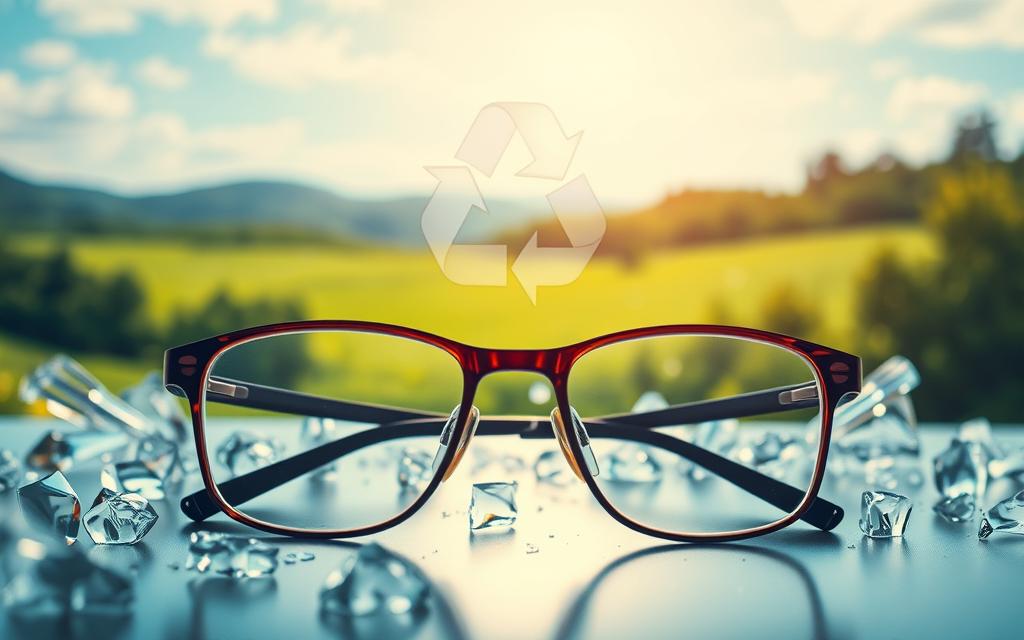
Environmental Impact
Recycling frames and lenses reduces landfill waste significantly. For every 100kg of waste processed, Recycline plants one tree, helping to offset carbon emissions. This effort also lowers the carbon footprint by reusing materials instead of producing new ones.
Traditional disposal methods often fail to handle mixed materials effectively. By recycling, we ensure that every component is repurposed responsibly. This approach aligns with broader UK sustainability goals, including glass bottle recycling initiatives.
Economic Advantages
The recycling industry creates jobs and supports local economies. Manufacturers benefit from cost savings by using recycled materials in production. This not only reduces expenses but also promotes a circular economy.
Organizations like Lions Clubs have generated substantial funds from scrap metal sales. For example, they donated £486k to sight-related charities, showcasing the financial potential of recycling programs. These efforts demonstrate how sustainability can drive positive economic outcomes.
By supporting these initiatives, you help build a greener future while contributing to meaningful causes. Recycling eyewear is a small step with big impacts for both the environment and society.
Alternative Recycling Options
Not all recycling options require in-store drop-offs; some can be done from the comfort of your home. Whether you’re looking to mail in your frames or donate them to a good cause, there are plenty of ways to ensure your eyewear is repurposed responsibly.
Recycling by Post
Postal services offer a convenient way to recycle eyewear without leaving your house. Companies like Retrospecced provide £5 vouchers for usable designer frames, making it a win-win for both you and the environment. Botaniq specializes in brand-specific recycling, ensuring that your items are processed efficiently.
Botaniq also repurposes car headlights and uses materials for metal smelting applications. This innovative approach extends the life of materials that might otherwise end up in landfills. Postal recycling is an excellent option for those who can’t access physical banks or drop-off points.
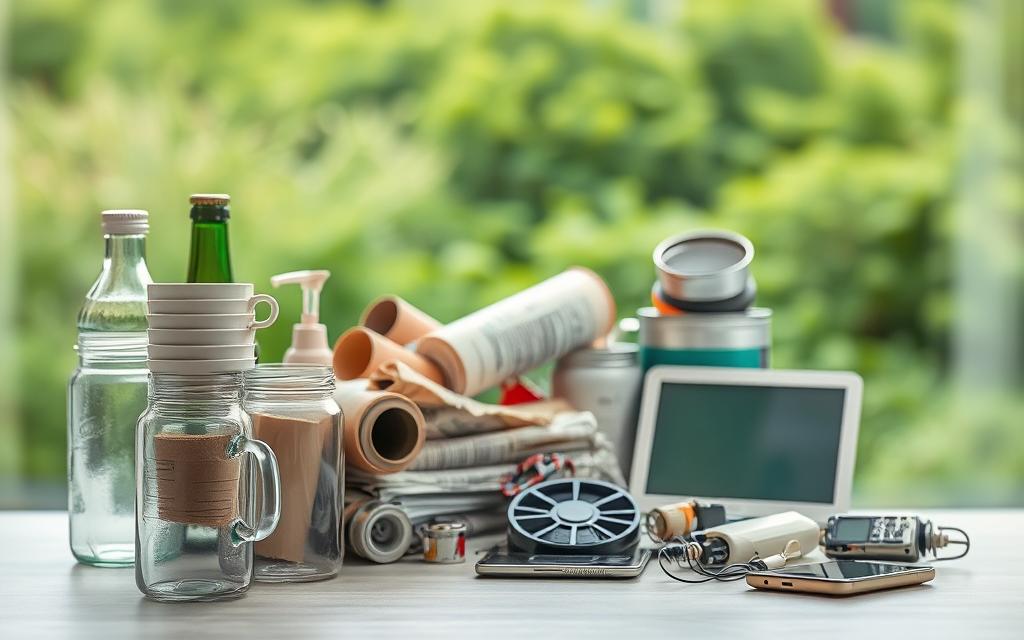
Donating to Charities
Charitable organizations like Lions Clubs have a 55-year legacy of collecting and redistributing eyewear. They send wearable glasses to Medico France, where they’re used for global aid. This humanitarian effort helps those in need while reducing waste.
Another creative option is donating retro frames to local theaters. These items can be used as costume props, giving them a second life in the arts. Donating is a meaningful way to contribute to both your community and the environment.
When comparing postal vs. in-store convenience, banks and drop-off points are often more accessible. However, postal services provide flexibility for those with limited access to physical locations. Both options play a vital role in sustainability efforts.
For more information on donation options, visit this guide to explore additional ways to give your eyewear a second life.
Common Questions About Glass Recycling
Understanding the specifics of recycling programs can help you make informed decisions. Many programs have unique rules to ensure materials are processed efficiently. Here, we address some common questions to clarify the process.
ASDA’s program excludes cases and cleaning cloths. Only frames and lenses are accepted. This ensures that the recycling process focuses on materials that can be repurposed effectively. Varifocal lenses, however, may incur additional costs, such as £59 for Transitions lenses.
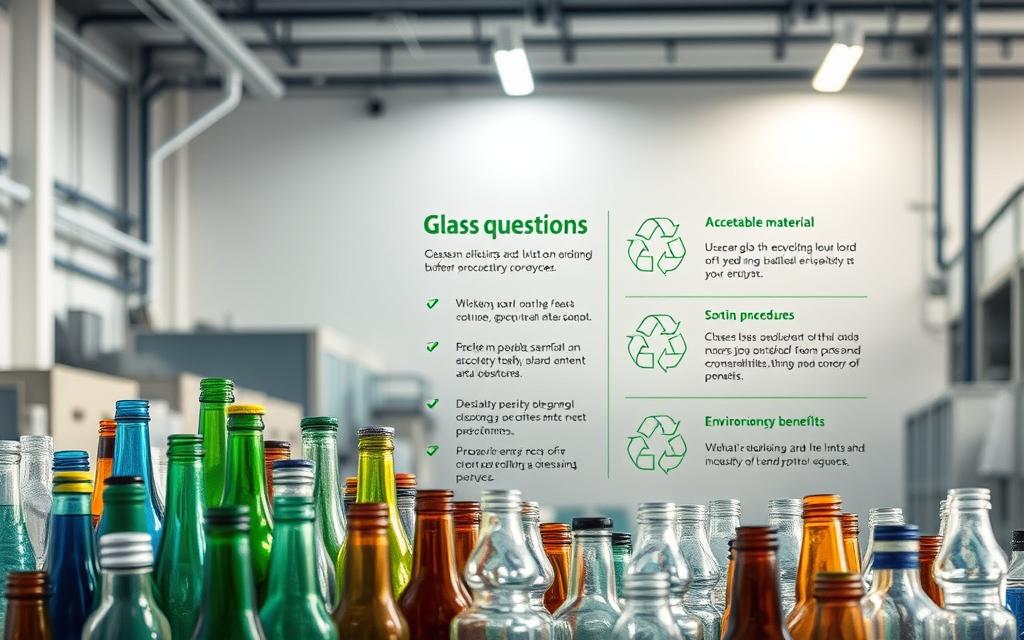
Charity shops often refuse prescription frames but accept non-prescriptive ones. This is because prescription lenses are tailored to individuals and cannot be reused easily. Non-prescriptive frames, on the other hand, can be redistributed or repurposed.
Compared to Specsavers, which accepts cases and broken items for free, ASDA’s program is more restrictive. However, both initiatives contribute to sustainability. MYGroup, a key partner in these efforts, boasts a 100% diversion rate from landfills for processed materials.
“Proper recycling ensures that every component is repurposed responsibly, reducing waste and supporting environmental goals.”
By understanding these policies, you can participate in recycling programs more effectively. Whether it’s glass or plastic, every effort counts toward a greener future.
Conclusion
Taking small steps toward sustainability can make a big difference in reducing waste. ASDA’s partnership with Recycline provides an accessible way to recycle eyewear responsibly. By using their drop-off points, you contribute to a circular economy and help reduce the UK’s annual waste of 321 million tonnes.
For maximum impact, consider combining in-store drop-offs with postal donation programs. Many charities accept eyewear, giving it a second life while supporting global aid efforts. Additionally, check your local council’s glass recycling banks for broader recycling opportunities.
Every effort counts. Whether it’s reglazing, selling, or donating, your unused eyewear can find a new purpose. Share this initiative with others and encourage them to participate. Together, we can create a greener future, one pair at a time.
FAQ
Can I recycle all types of glass items at ASDA?
No, only certain materials like bottles and jars are accepted. Check labels for recycling symbols before dropping them off.
Where can I find ASDA’s recycling points for glass?
Most stores have dedicated banks near entrances or car parks. Look for marked containers or ask staff for directions.
Do I need to clean glass items before recycling?
Yes. Rinse containers to remove residue, and remove lids or caps. This ensures materials are processed efficiently.
What happens to recycled glass after collection?
It’s crushed, melted, and reshaped into new products. This reduces waste and saves energy compared to making glass from raw materials.
Are there other ways to recycle glass if I don’t live near an ASDA?
Yes. Many charities accept donations, and some services offer postal recycling. Local councils often provide curbside collection too.
Why is recycling glass beneficial for the environment?
It cuts landfill waste, lowers carbon emissions, and conserves natural resources like sand and soda ash used in production.
